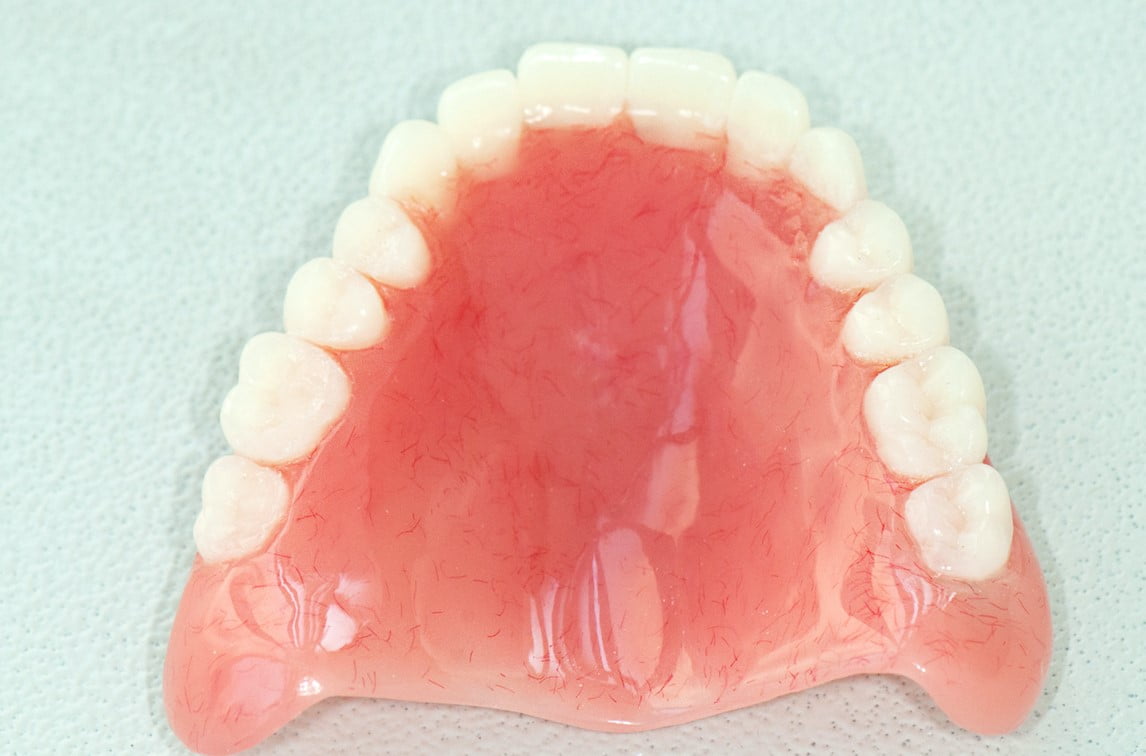In recent years, the advancement of science has brought about truly dramatic changes in every aspect of our lives. Technology has improved the quality, comfort and style of everything in our lives starting with cars, computers, televisions, phones, medicine and products for skin enhancement. In accordance with this, it is only logical that the field of dentures would also enjoy the advancements of technology.
The new materials and advanced techniques that we use each day in the clinic would cause a dentist from the days of my childhood to be green with envy! We’re capable of safely helping patients without teeth to look younger, feel better about themselves and to chew in a way that they would never have believed possible in the past. In this article, we show the possibilities available for patients with missing teeth.
As mentioned before, there are many ways and opportunities to care for a patient who has no teeth. This fact makes our work as dentists, much more interesting. Now we can make a dramatic change in the quality of a patients’ life using dentures. As in all other medical treatments, the doctor needs to examine your specific needs in order to present the best treatment opportunities for you.
Not all of the possible treatments are suitable for everyone. There are some treatments that we take more time to execute than others and there are those that are more expensive than others. We hope that after reading this article you will have a better understanding of the treatment that best suits your needs.
Dentures attached to dental implants.
Arguably, Dentures attached to dental implants are the most significant development that the field of dentistry has ever known. Even if you are unsure that dental implants are what you are looking for, please take a few minutes to read this article. We often encounter patients that have heard a bit about implants from a friend or family member, but they do not usually know enough on the matter to form their own opinion. Others have heard rumours (usually from a friend of a friend) that implants are just terrible, but these rumours have no basis.
A dental implant is actually a small titanium screw that is fixed onto the jawbone and can hold a crown, or together with other implants, a full or partial bridge or dentures. Nothing lasts forever, however, according to studies, implants can last for an average of 20 years plus, if maintained with excellent oral hygiene.
How do the implants hold the dentures?
There are hundreds of types of implants that can retain dentures, all of which can improve your ability to chew. In the most common types, two to four implants are inserted into the jaw in order to fix dentures. This means that instead of having dentures that move in your mouth, the implants hold dentures in place – they do not move at all. It’s that simple!

Step 1 – implants are placed.
You can use your current denture during the healing phase, or we can make you a new denture.

Step 2 – A new denture is made after healing.

Step 3 – we place components in the denture that clip onto the implants.

Step 4 – we fit the denture and you can enjoy your new smile.

Many patients say that with implants they suddenly remember what it was like to chew when they were 30 years old.
On the plus side, there are possibilities of providing fixed reconstructions such as crowns and bridges on implants that prevent the patient from needing dentures altogether. Just as crowns are constructed for natural teeth, they can also be constructed on implants. These are entirely new teeth in every aspect. They do not need to be removed from the mouth, food does not get trapped underneath them and all in all, it is much more comfortable.
The research and development of dental implants has advanced greatly in the past 30 years. The implants we use today are far more advanced than the implants we use 10 to 15 years ago.
If you would like to know which implant and former reconstruction is suitable for you, we would be happy for you to call our clinic so we can arrange a free consultation for you.















